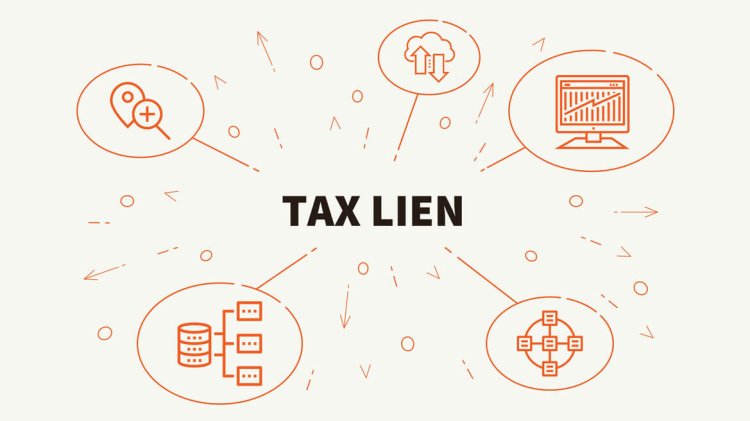Unveiling the Potential: A Comprehensive Guide to Tax Lien Investing
Share this Post to earn Money ( Upto ₹100 per 1000 Views )

Introduction
In the world of investment, tax lien investing stands out as a unique and potentially lucrative opportunity for those who understand its dynamics. This unconventional investment strategy involves purchasing tax liens on properties with delinquent taxes, offering investors the chance to earn interest and, in some cases, acquire real estate at a fraction of its market value. In this article, we will delve into the fundamentals of tax lien investing, exploring its advantages, risks, and key considerations.
Understanding Tax Liens
A tax lien is a legal claim against a property when the owner fails to pay property taxes. Local governments issue these liens to recover the unpaid taxes. To raise funds immediately, governments may sell these liens to private investors through auctions. Investors then pay the overdue taxes on behalf of the property owner, essentially becoming creditors with a claim on the property.
The Auction Process
Tax lien auctions vary by jurisdiction, but they generally involve competitive bidding among investors. The winning bidder pays the overdue taxes and becomes the lienholder. In return, the investor receives a certificate of purchase, granting them the right to collect the delinquent taxes plus interest from the property owner.
Interest Rates and Redemption Periods
One of the main attractions of tax lien investing is the potential for high returns through interest rates. These rates are set by the local government and can range from a few percentage points to double-digit figures. Investors earn interest on the amount paid for the tax lien, creating an attractive investment proposition.
However, it's essential to understand the redemption period—a timeframe during which the property owner can pay off the delinquent taxes and redeem their property. If the owner fails to do so within the specified period, the investor may proceed with foreclosure proceedings, potentially acquiring the property.
Advantages of Tax Lien Investing
- High Returns: The interest rates associated with tax liens can be significantly higher than traditional investment vehicles, providing investors with the potential for substantial returns.
- Secured Investment: Tax liens are secured by real estate, offering investors a level of security not always present in other investment options. If the property owner fails to redeem the lien, the investor may acquire the property through foreclosure.
- Diversification: Tax lien investing can be a valuable addition to a diversified investment portfolio, offering an alternative asset class with its own risk and return characteristics.
Risks and Considerations
- Property Condition: Acquiring a property through tax lien foreclosure means taking ownership of it, which may come with unforeseen challenges. Dilapidated or undervalued properties can become a burden rather than an asset.
- Redemption Risk: The property owner may redeem the tax lien within the specified redemption period, leading to a lower-than-expected return for the investor. It's crucial to assess the likelihood of redemption when considering tax lien investments.
- Research and Due Diligence: Successful tax lien investing requires thorough research into local laws, market conditions, and the specific properties being considered. Investors should also be aware of any potential legal challenges associated with tax lien foreclosure.
Conclusion
Tax lien investing can be an intriguing venture for investors seeking unconventional opportunities with the potential for high returns. However, it is not without risks, and success in this arena demands a thorough understanding of the process, local regulations, and careful consideration of each investment. For those willing to put in the effort and conduct proper due diligence, tax lien investing can be a rewarding strategy that adds diversity and profit potential to their investment portfolio. As with any investment, it's crucial to approach tax lien investing with a clear strategy, a sound risk management plan, and a commitment to ongoing education in this dynamic and specialized field.








